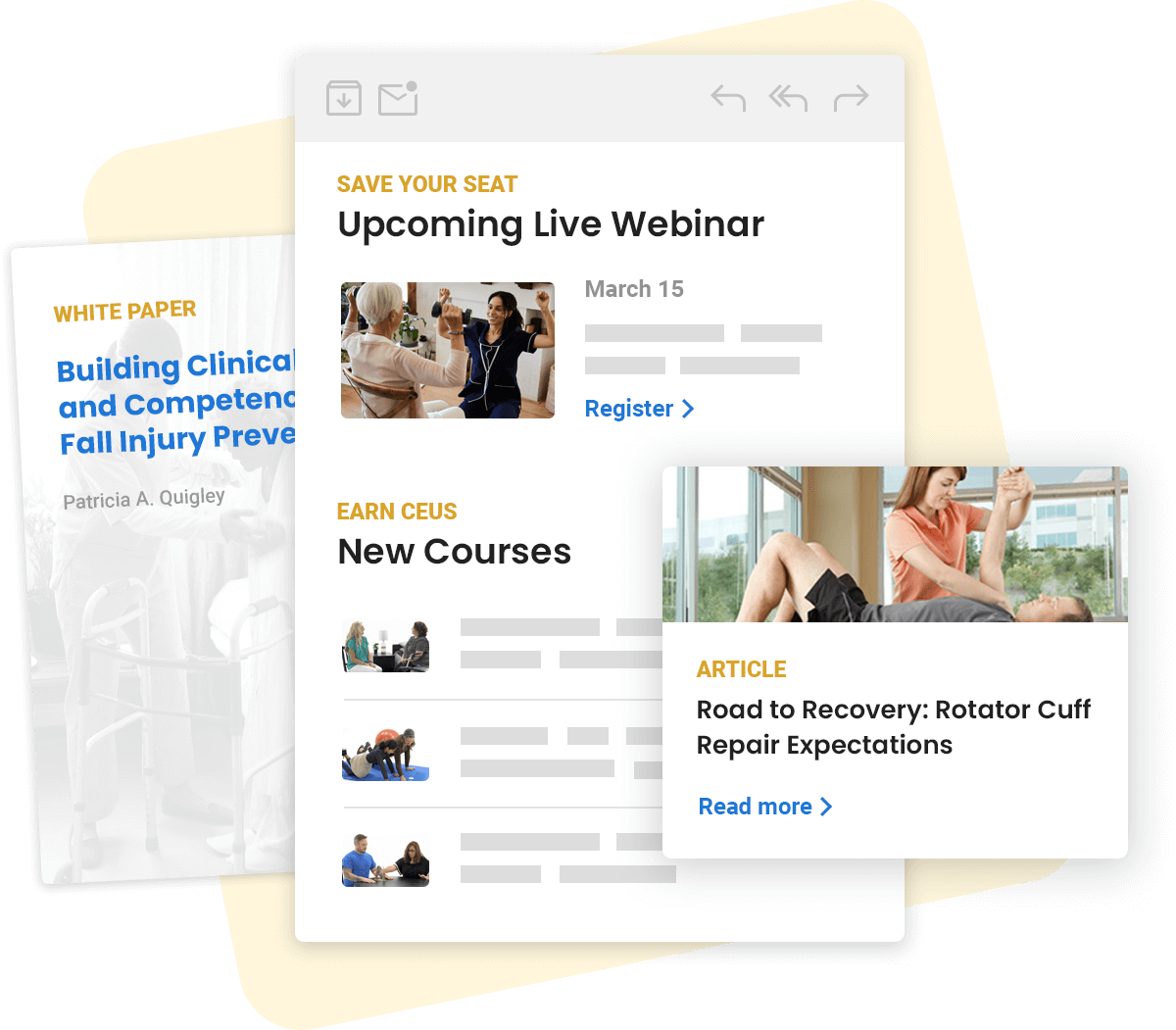Instructor Spotlight: Joseph Duffy

Dr. Joseph Duffy is a recognized expert in neurologically-based speech and language disorders as well as in functional/psychogenic speech disorders. He has published more than 130 peer-reviewed papers, three editions of a textbook on motor speech disorders, and has given over 275 refereed or invited presentations at national and international conferences or workshops. He is a Fellow in the American Speech-Language Hearing Association (ASHA) and has been awarded the Honors of ASHA.
What inspired you to become an instructor?
Although I had major teaching responsibilities at a university early in my career, my day job for the last 32 years at Mayo Clinic has been as a clinician and clinical researcher. My inspiration to teach is a natural outgrowth of evaluating about 25,000 patients over those years, an experience that has taught me something new almost every day.
My goal in sharing what I’ve learned in workshops and research presentations has been to add to the knowledge base and clinical skills of clinicians, but I also always learn a great deal when preparing for those events, and when I’m challenged by questions and comments from participants.
Teaching in many ways has always been an important contributor to my own continuing education. I also find it tremendously rewarding when fellow clinicians give me feedback that I’ve made difficult concepts easier to understand or conveyed research or clinical insights in ways that enhance their practice and benefit their patients.
Tell us about a memorable moment in your career.
I’ll mention two. The first occurred early in my career, the other much later. In 1976, shortly after completing my Ph.D., I attended my first Clinical Aphasiology Conference. Naturally, I was impressed when meeting people whose work I had read, studied, and learned from, several who were, or would become, giants in our field. I met quite a few young folks, like myself, whom I number among my best friends and colleagues to this day. But what impressed me most was the sense of comradery and common purpose at that meeting. It went a long way to setting my professional course and the passion with which I approached it.
More recently, I was invited to speak at a Neurology Grand Rounds that acknowledged my retirement from full-time clinical work. It was an opportunity for me to review the history of speech pathology both before and during my time at Mayo Clinic, a chance to reinforce the importance of speech-language pathology within medical practice, and to reflect on my career and thank my colleagues for their support and collaboration. It was a privilege that I’ll always treasure.
What is the most rewarding part of being a speech-language pathologist?
For me, it very much grows out of Mayo’s mission statement that “the needs of the patient comes first.” Knowing that I frequently contribute to the diagnosis and care of people with communication disorders is deeply satisfying. Knowing that barely a day goes by when I don’t learn something from my patients or colleagues is equally rewarding.
What excites you the most about working with MedBridge?
The potential for reaching a large audience of speech-language pathologists to address topics on which I have some expertise and that are relevant to their clinical interests or practice is exciting. MedBridge has demonstrated a strong commitment to continuing education and has built the infrastructure to achieve that goal with both quality and efficiency. And, as is always true when one is asked to teach in a different format – in front of a camera and not a live audience – it’s been a real opportunity for me to learn more about how best to convey what I consider to be useful research and clinical information.









